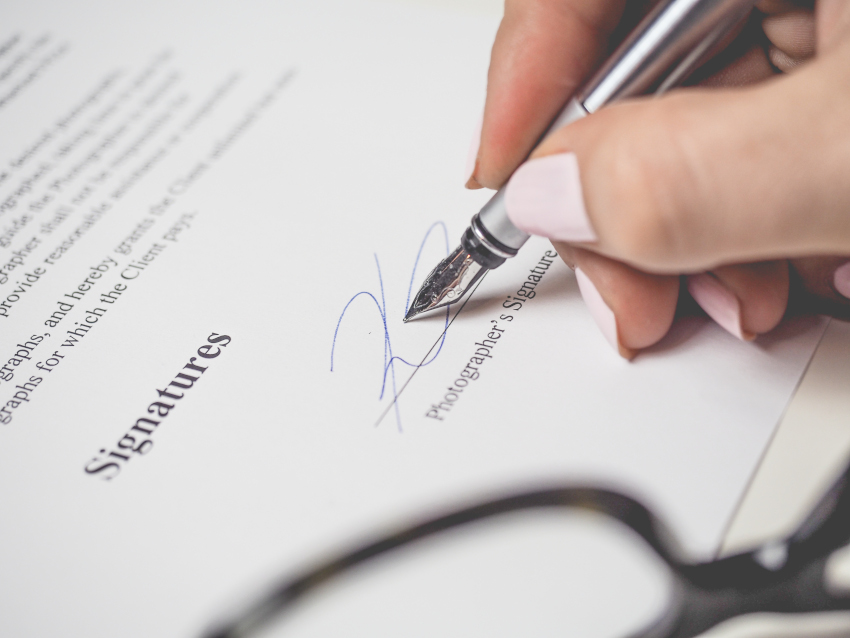We know mediation can be a nerve-wracking experience, like public speaking or getting a tooth pulled. But before heading into a mediation session, it's important to ask yourself some key questions to ensure that you are well-prepared and have an open-minded attitude.
- Question 1: What are my goals for the mediation session?
- It's important to have a clear understanding of what you hope to achieve during the mediation session.
- Are you looking for a specific outcome or just trying to reach a resolution?
- Knowing your goals can help you stay focused during the negotiation process and make it easier to reach a mutually acceptable agreement.
- Question 2: What are my bottom lines?
- A bottom line is the minimum outcome you are willing to accept.
- It's important to have a clear understanding of your bottom lines so that you can make informed decisions during the mediation process.
- Knowing your bottom lines can also help you avoid making concessions that are not in your best interest.
- Question 3: What is my attitude towards the other party?
- Are you approaching the mediation session with a positive or negative attitude towards the other party?
- Having a positive attitude can help you to keep an open mind and be more willing to compromise.
- On the other hand, a negative attitude can lead to an adversarial and unproductive negotiation.
- Question 4: What are my communication preferences?
- Everyone has different communication preferences and it's important to be aware of yours.
- Are you more comfortable communicating in person or over the phone? Do you prefer to speak in a formal or informal tone?
- Understanding your communication preferences can help you to communicate more effectively during the mediation session.
- Question 5: What are my expectations for the mediator?
- It's important to have realistic expectations for the mediator and their role in the mediation process.
- The mediator is a neutral third party and should not take sides or make decisions for the parties.
- They are there to facilitate communication and help the parties reach a mutually acceptable agreement.
In conclusion, before heading into a mediation session, it's important to ask yourself some key questions to ensure that you are well-prepared and have an open-minded attitude. Knowing your goals, bottom lines, attitude towards the other party, communication preferences, and expectations for the mediator can help you to have a more productive and successful mediation session. And remember, mediation is not a battle, it's a negotiation, and a good sense of humor can help ease the tension.











